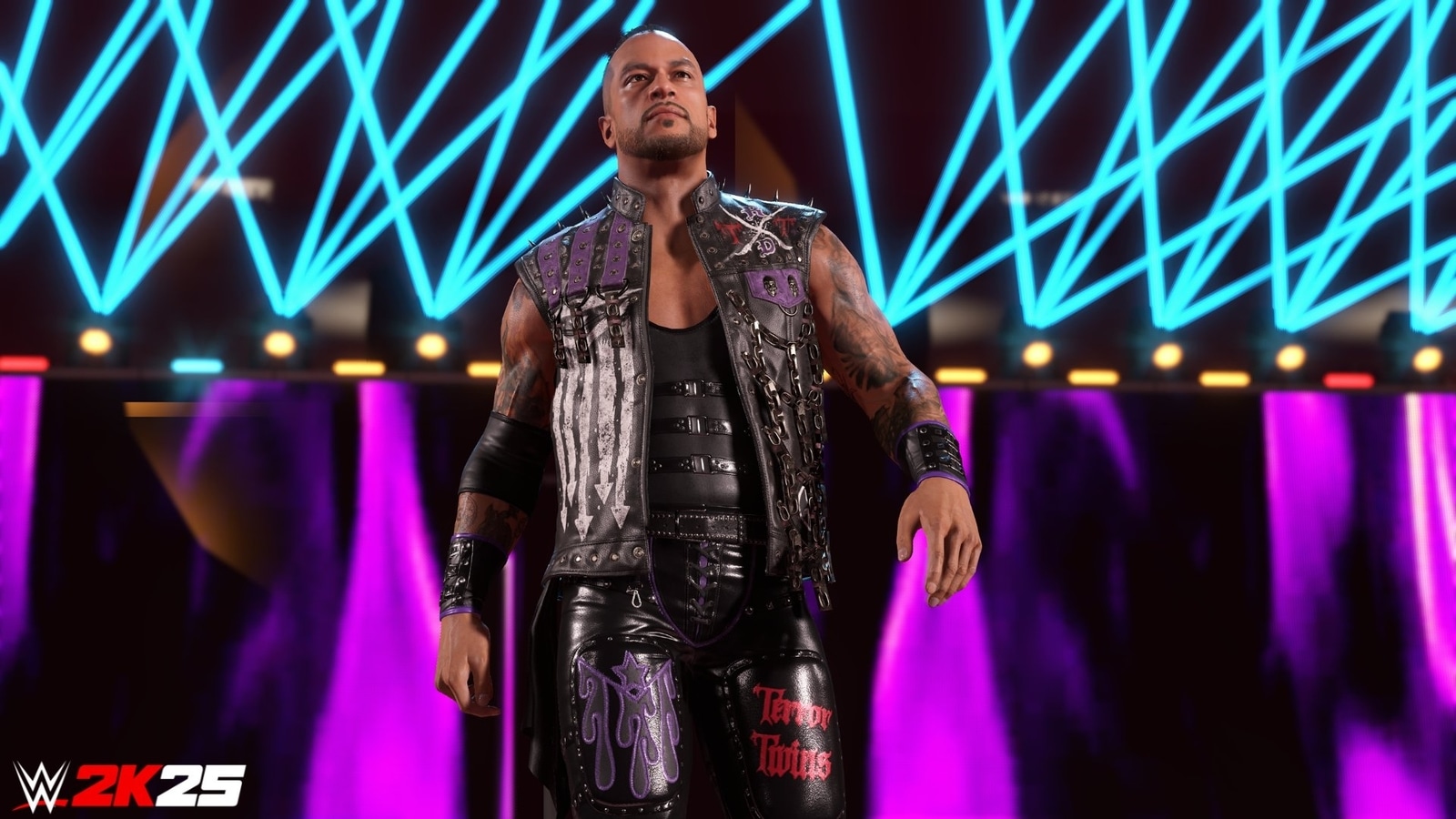This may be shrewd business. Albums of this sort are recording-industry mainstays; Nelson’s old pal and collaborator Johnny Cash won critical raves for a string of late-life releases that focused on his own impending demise. But where Cash’s mortality music was brooding and gothic, Nelson’s is Nelsonian: mischievous, droll, intrigued by cosmic conundrums and amused by the state of his own mortal flesh. The songs unspool in the voice of a man who has gazed into the abyss and come back drawling punch lines: “Heaven is closed and hell’s overcrowded/So I think I’ll just stay where I am.” Sometimes he allows himself a flight into the mystical, imagining his transmutation into a “blue star” in the night sky, or envisioning a jam session in the afterlife with departed musical comrades. Sometimes his jokes verge on metaphysical riddles: “I don’t go to funerals/I won’t be at mine.”
“Death is just a pretty good subject to write about,” he says. “It’s good material.”
When tracer bullets aren’t flying overhead, the land that Nelson christened Luck Ranch is a rather nice place to spend time. (“When you’re here, you’re in Luck,” he is fond of saying. “When you’re not here, you’re out of Luck.”) The ranch rolls across 700 acres, dotted with cedar and juniper trees. Like much of the region’s pastureland, the Nelsons’ acreage has been damaged by overgrazing and erosion, and the couple has undertaken a program of regenerative agriculture to restore the soil and revive the native flora. Dozens of horses wander the ranch; most are rescues, adopted so they wouldn’t be sent to the slaughterhouse. For years, Nelson was prone to wandering the property himself, usually at high velocity. “I liked to bust through those cedars,” he says, “either on a horse or in a pickup truck.”
The ranch is home to other animals too: sheep, pigs, chickens. This came in handy during the Covid lockdown. “If we were low on eggs,” Annie says, “I could go grab some from under a chicken butt.” She cooked the family meals, and to streamline the operation, the Nelsons came up with a menu they nicknamed the Pandemic Pantry: vegan meatloaf on Mondays, tacos on Tuesdays, etc. (“The deal was: If you want something else, make it yourself,” Annie says.) Tensions can creep in when you’re sequestering for long stretches, perhaps especially among strong-willed people with artistic dispositions. The Nelsons maintained harmony with a set of rules that have become famous among fans, reproduced on swag for sale at shows:
1. Don’t be an [expletive].
2. Don’t be an [expletive].
3. Don’t be a goddamn [expletive].
“They’re good rules, but we’ve all broken them,” Nelson says. “I’ve definitely broken Rule No. 3. My loved ones will confirm that.”
Annie is Nelson’s fourth wife. She is also, he has often said, the love of his life. They met in 1986, in Arizona, on the set of the made-for-television Western drama “Stagecoach,” where she was working as a makeup artist. They first bonded over the question of Nelson’s hair, which they agreed he did not need to cut short in order to play the role of Doc Holliday. But a relationship seemed unlikely. Ann Marie D’Angelo was 30, Nelson was 53. She had vowed never to date celebrities or get involved with men who had messy marital backgrounds or children. Nelson was separated but not yet divorced from his third wife; he had five kids, one of whom was born to the woman who would become Wife No. 3 at a time when he was still married to No. 2. But Nelson and D’Angelo were both quick-witted, tough-minded and warm — a good match. He pursued her ardently; they fell in love. Lukas Autry Nelson was born on Christmas Day 1988; Jacob Micah Nelson arrived in May 1990. Willie and Annie were married in 1991.
Nelson considers Luck his true home, but the Nelsons raised their sons far away, in an oceanfront house on the northern coast of Maui. Nelson, of course, was often gone, on the road up to 200 days a year. Lukas and Micah grew up surrounded by musical equipment and taught themselves to play, bashing out classic-rock songs in a band room near the little building in the rear of the house where Nelson gathered with friends when he was not on tour. While Nelson got high and played poker, he followed his sons’ increasingly tighter and more assured renditions of Jimi Hendrix and Pink Floyd songs. “I always looked at music as a way to get closer to my dad,” Lukas says. “There was never any pressure about it. But I knew that he loved music so much, and that if I did it, too, I’d make him happy, and we’d be able to spend more time together.”
Today Lukas, 33, is a star in his own right: a gifted songwriter and guitarist with a reedy vocal tone reminiscent of his father’s. His acclaimed roots-rock quintet, Lukas Nelson and Promise of the Real, has released eight full-length albums and served as Neil Young’s backing band. (They were also the backing band for the fictional singer played by Bradley Cooper in the 2018 “A Star Is Born” remake, whose soundtrack includes eight songs co-written by Lukas.) Micah, 32, is a sometime Promise of the Real member himself, joining the band on its tours with Young; he also records solo work, which tilts toward the noisy and experimental, under the moniker Particle Kid. The nickname was coined one day when he was 14 and his (very stoned) father tried and failed to say the phrase “prodigal son.”























